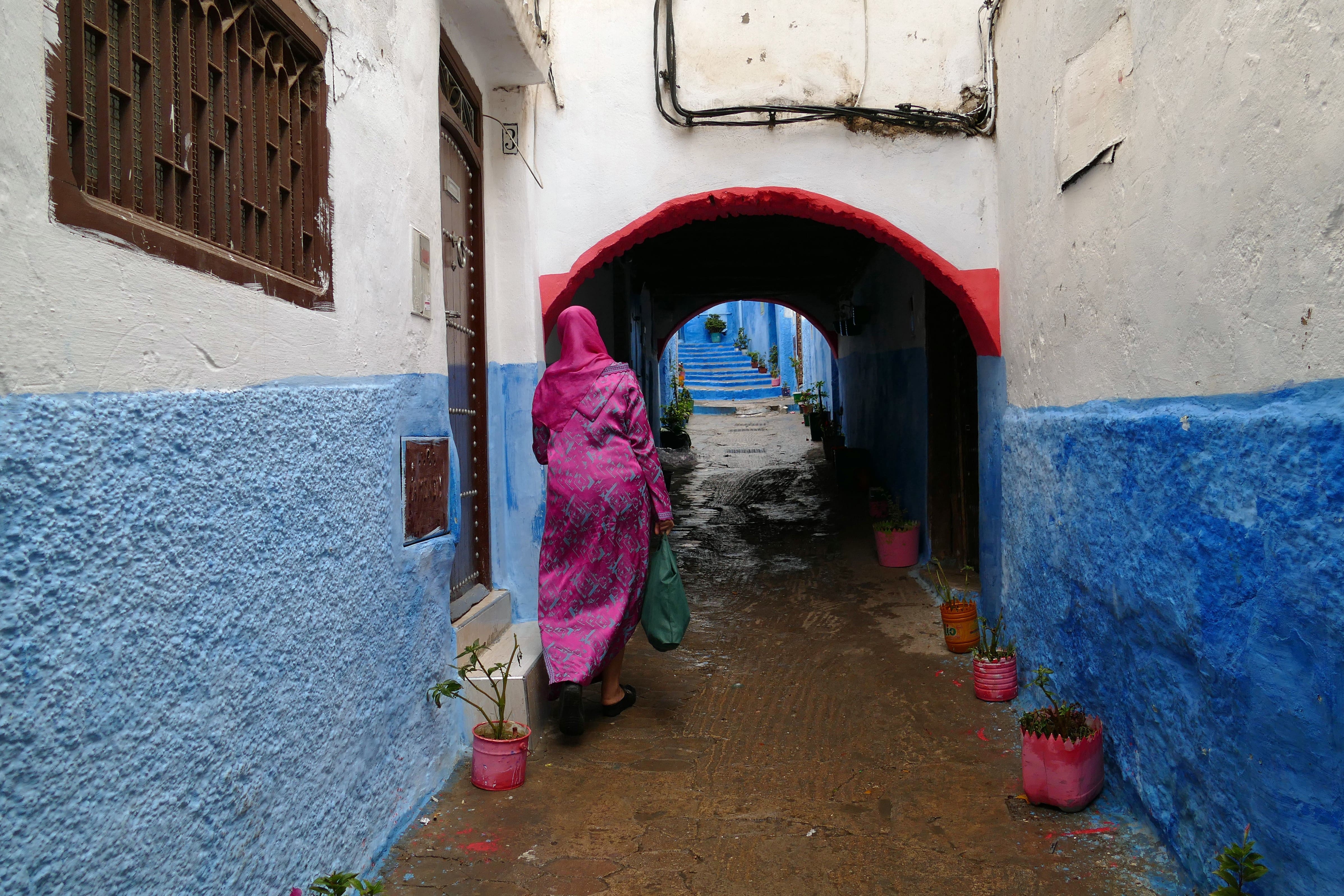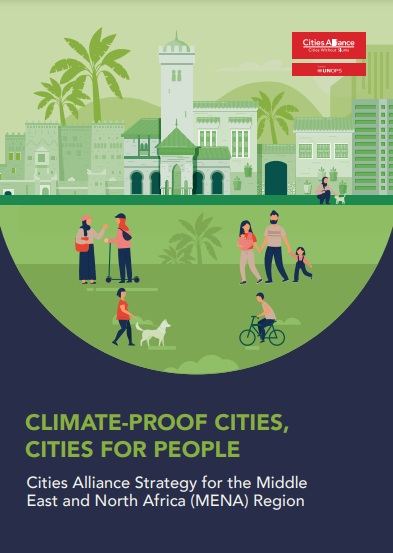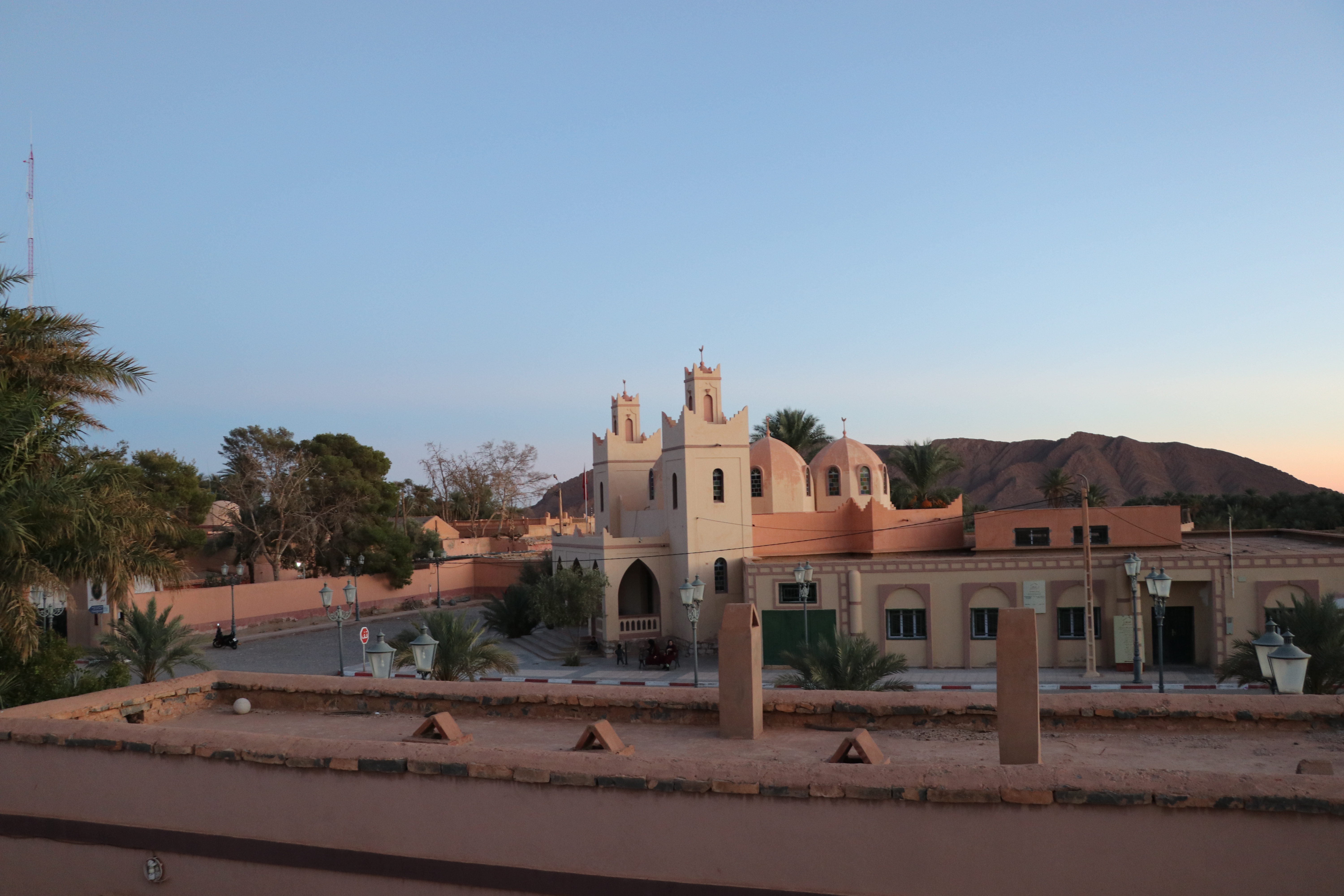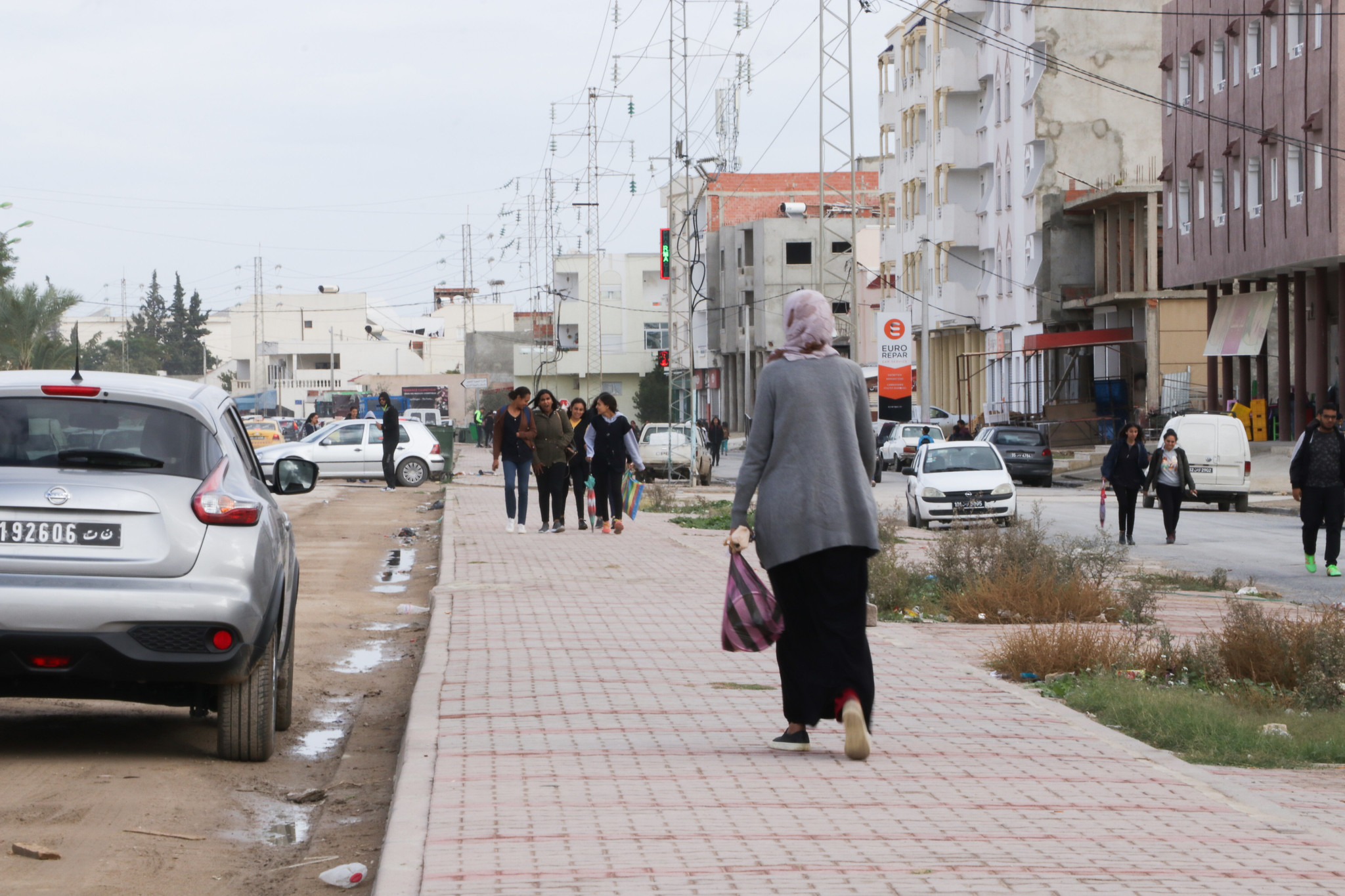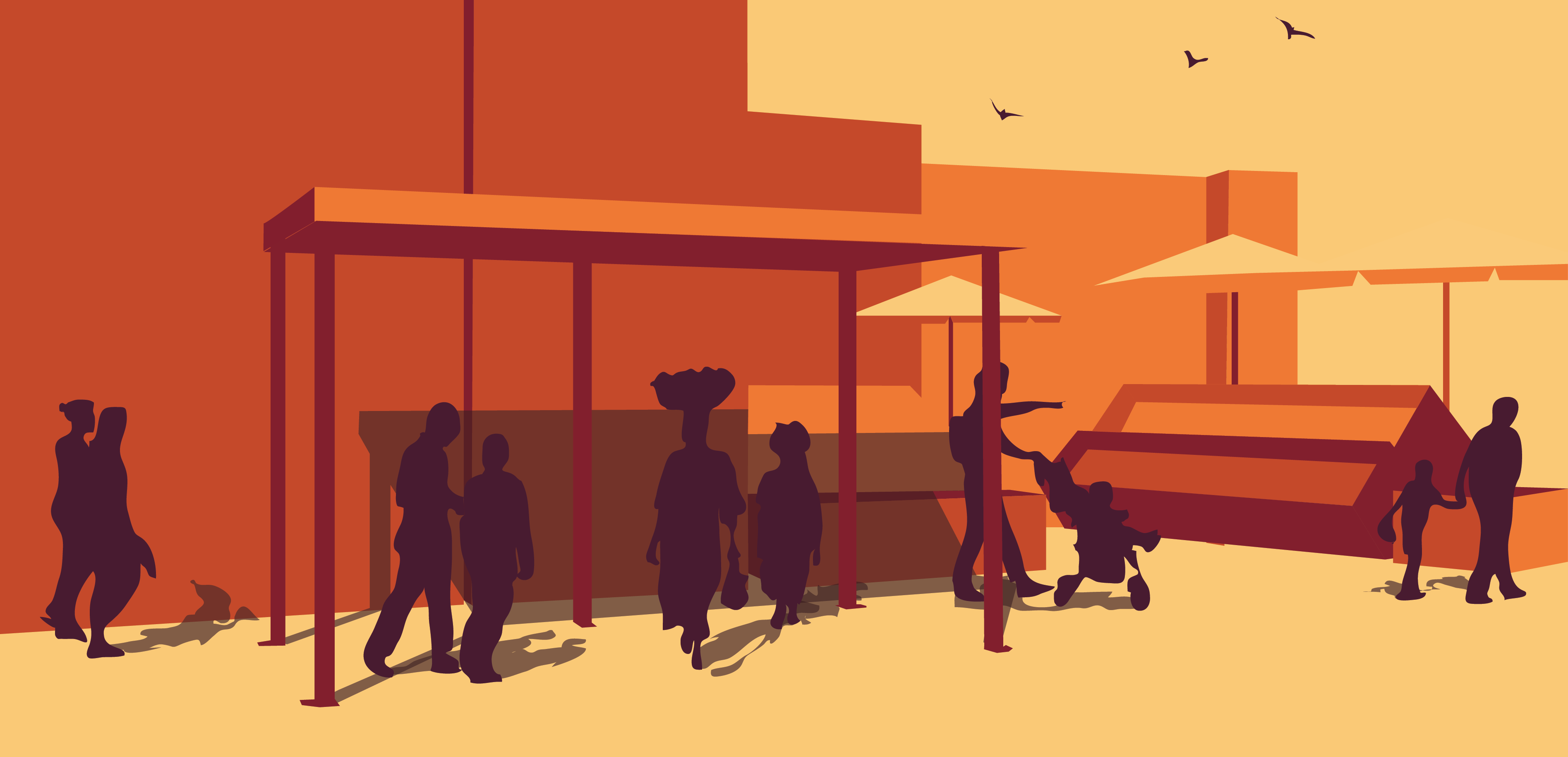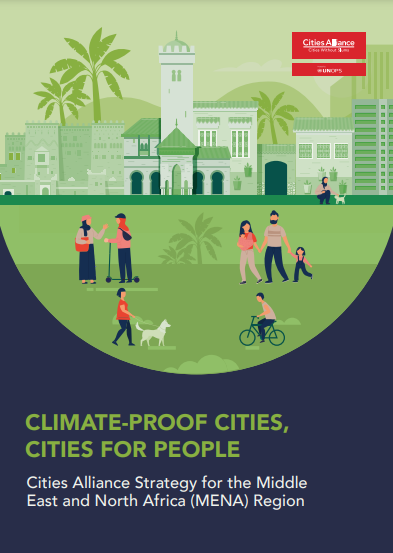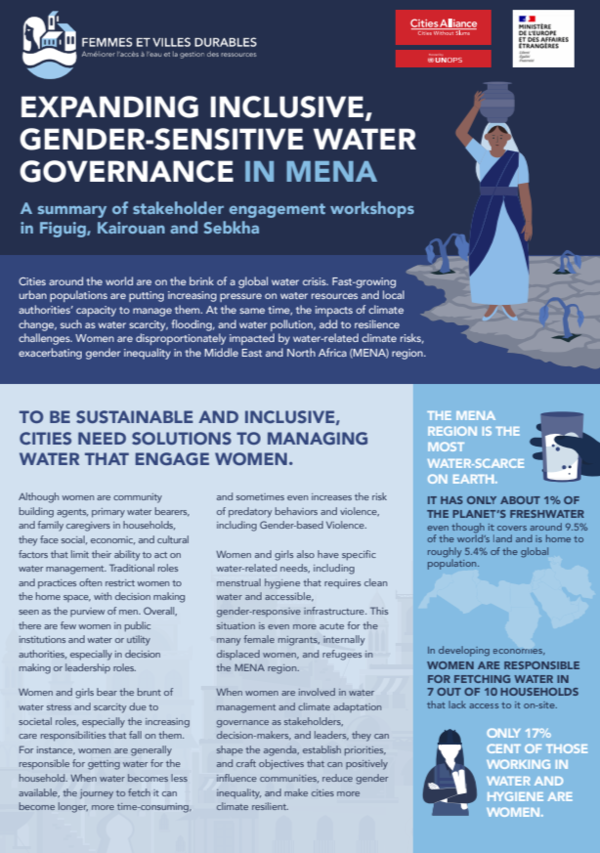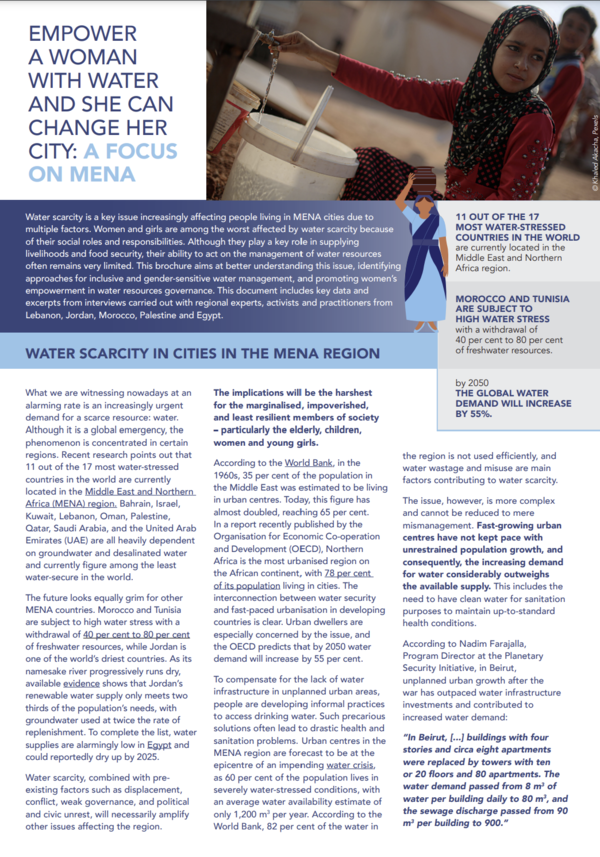Cities Alliance serves a dynamic multi-partner platform that unites development agencies, governments, local authorities, and civil society across the MENA region to share knowledge and shape inclusive climate strategies. As a UN entity, we bridge global networks with local efforts, fostering impactful exchanges and commitments that drive meaningful climate action in cities.
Our comprehensive support for MENA cities includes funding, technical assistance, and networking opportunities, delivered through key initiatives:
- Regional Partnerships: Collaborating with our members and key partners, such as UN- Habitat, C40, and UCLG MEWA, we tailor climate action models specifically for MENA cities, ensuring coordinated and effective efforts.
- Urban Climate Adaptation Fund: Establishing a multi-donor fund to provide municipalities, NGOs, and researchers with the financial resources to strengthen local climate leadership.
- Urban Climate Laboratories: Developing practical tools on topics such as heritage restoration, housing, and mobility to promote evidence-based, inclusive climate solutions through collaborative urban labs.
- Climate Diplomacy: Elevating the voices of MENA cities and civil society in global forums including the Conference of the Parties (COP) and the MENA Climate Week, driving political momentum for impactful climate action.

Results
With its strategy for the MENA region and urban development projects in the field, Cities Alliance aims to achieve the following goals by end of 2025:
Strategy: Climate-Proof Cities, Cities for People
With its arid climate and water scarcity, the Middle East and North Africa region is particularly susceptible to the impacts of climate change. Cities across the region are grappling with rising temperatures, irregular weather patterns, and dwindling resources.
Migrants, women, and youth are experiencing the greatest impacts of climate change, which can deepen pre-existing divides and expose those groups to new vulnerabilities.
Cities Alliance's strategy in the MENA region focuses on delivering climate solutions that are socially, technically, and culturally appropriate.
Key activities include strengthening partnerships through events and dialogue, deepening local understanding of challenges and needs, building local capacity, implementing urban projects, and establishing an inclusive climate facility to co-design projects that integrate climate, gender, and social justice criteria.

